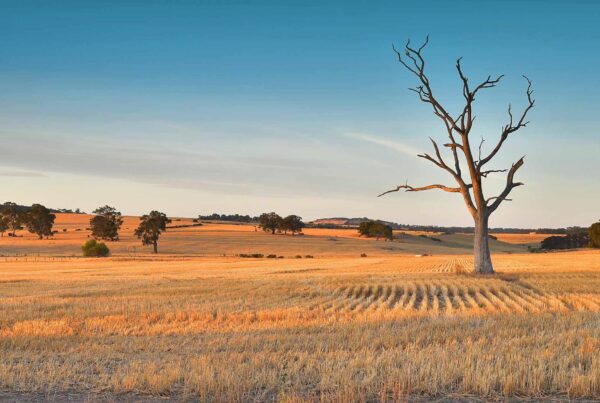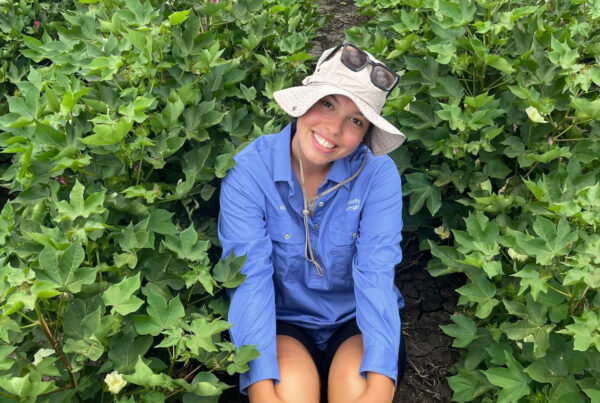Future Farmers Network directors regularly give their opinion on the latest news, events and issues in agriculture for an article for Australian Community Media. Here’s the most recent yarn from FFN Director Oli Le Lievre.
For the first time in generations, international travel is not an option and by latest reports is expected to remain at lower than 2019 levels as far out as 2023. So how can we utilise this opportunity to learn more about rural and remote Australia?
It may well be the latest whizzbang marketing slogan and it didn’t cost a cent. A new era of slogans meets a new era of Australian tourists that by no choice of their own have had to shed the annual overseas pilgrimage in exchange for either more time in the confines of their own home or exploring ‘our backyard’. In 2018, 6.3 million Australians embarked on an overseas holiday with an average spend of $4,750[1]. For young Australian’s (as many as 1 in 4)[2] a gap year between high school and further education provides the opportunity to develop a broader view of the world and assess options.
Our community survey provides the Future Farmers Network (FFN) with an opportunity to gauge interest as to what our members, the future of Australian agriculture, would like us to work towards. The latest survey in 2018 identified two key focus areas that our members wanted us to address; sustainable agriculture and Bridging the urban/rural gap. FFN’s 2020 Community Survey is now open, and you can participate here. The NFF has also identified that within the broader community, more than half (52%) of 18-29 year olds feel disconnected and uninformed about our industry and perhaps more significantly for all of us, 65% had no contact with a farmer in the previous 12 months[3].
Highlighting our members concerns therefore is a generation that is fundamentally disconnected from the food system. In my opinion it’s not that they aren’t interested but possibly more likely that they haven’t been provided with an opportunity to feel connected.
Our ability to continue to farm into the future will be guided by our ability to integrate, relate and converse with society. At the heart of rural Australia is ‘sustainable agriculture’ – practices that reflect the multi-generational family farms – providing the opportunity for generations to be raised and educated while ensuring the land is nurtured. These people are the backbone of rural communities and underpin the ‘food system’.
So what can we do to promote city/country engagement? Maybe link Agriculture and Tourism?
With a global pandemic quarantining Australia, now is the perfect opportunity for us all to become more creative. Out of adversity comes opportunity, like the ingenious Outback Yacht Club at Longreach, which connects a coastal tradition with the heart of the outback.
I don’t believe that we need to just ‘educate better’ to bridge the divide that has become so prominent and that has led to an inability to know how to respond. As an industry it is our shared responsibility to create engagement and grow understanding.
People remember experiences, giving them memories to cherish of stereotypical billy tea, damper and a camp fire or let them discover the hatted restaurant of the nearby towns, go to a winery, truffiere, stay at a farm stay or even at the local pub.
So let’s not talk about a divide but rather pull together in the way that only Australians can when times are tough, to extend an invitation to connect and create understanding through experiencing our backyard.
BrB* Gone Bush
*BrB – Be Right Back
[1] Budget Direct, Average holiday cost statistics (2019). Available https://www.budgetdirect.com.au/travel-insurance/research/average-holiday-cost-statistics-2019.html
[2] NCVER, who takes a gap year and why? (2015). Available at https://www.adviservoice.com.au/2018/02/cpd-funding-gap-year/
[3] National Farmers Federation, Members survey 2018. Avaialble at https://nff.org.au/media-release/gen-y-turns-a-blind-eye-to-food-and-fibre-production/




